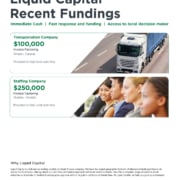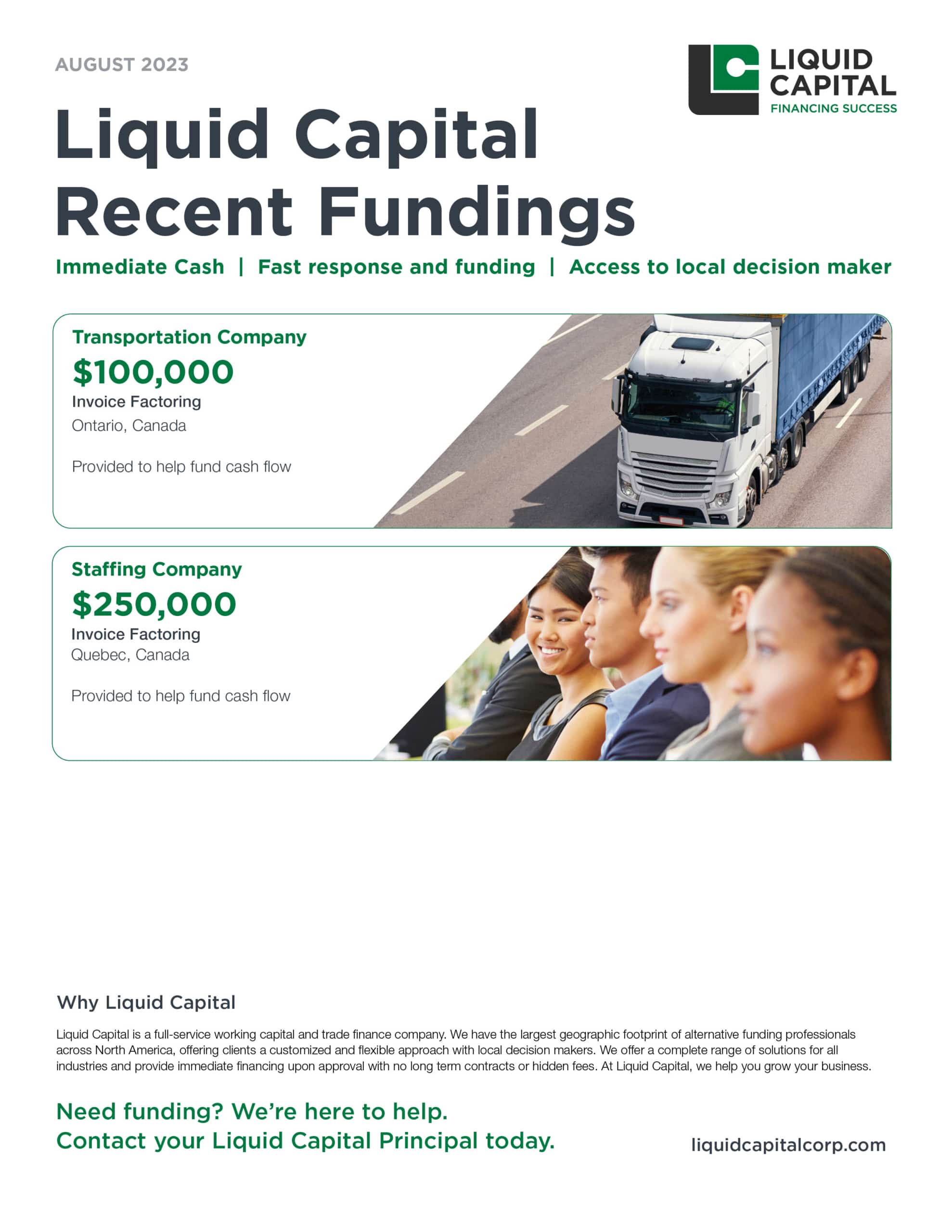Four steps to achieve financial stability for your business
Whether you own your business or work with those who own their own business, these four steps can help achieve financial stability.

For businesses in any sector, providing clients and customers with an innovative product or a top-quality service goes a long way to generating profit — but having great ideas and an excellent offering is often just the start.
In the face of rising interest rates, market volatility, supplier bottlenecks or other complications, does your business have the financial wherewithal to withstand the ups and downs?
As one recent survey found, nearly nine out of 10 small business owners continue to be concerned about the effects of inflation on their company’s financial health. Meanwhile, seven out of 10 are worried about effectively managing their cash flow.
For many companies, achieving a solid financial footing is the end goal — not just to weather the storms and recession-proof your business but also to create trust with clients and suppliers and move forward confidently. But in the current environment, it’s not always an easy proposition.
Here are a few ways businesses — and those who work with business owners — can work towards achieving financial stability:

1. Have a clear picture of your past and future
Financial sustainability is built on historical data, estimated future earnings and potential roadblocks.
Robust reporting is critical to remaining financially stable. For most businesses, this means keeping a close watch on financial metrics or key performance indicators (KPIs) such as:
- Debt-to-equity ratio: This allows you to assess your debt levels and your ability to service them
- Working capital ratio: This is a measure of liquidity or your ability to meet obligations
- Net profit margin: This will help you determine how profitable your company is and evaluate its overall financial health
- Cash conversion cycle: This metric measures your cash liquidity position by considering the time it takes you to sell inventory, pay vendors and collect on invoices
Continual assessment is essential. With regular updates, you can course-correct and pivot if necessary.

2. Ensure a healthy level of working capital
Sailing a smooth course through each quarter means having enough capital to meet expenses — whether you’re working according to plan, facing challenges or navigating unexpected growth periods.
Cash flow management is critical to achieving financial stability. This means preparing a cash flow budget — essentially a roadmap of your company’s expected inflows and outflows over the next six to 12 months — and regularly updating it. This snapshot will help you anticipate expected shortfalls early and control costs to maximize efficiencies where possible.
It is also useful to have a tool in your toolbox to access capital when you need it, such as invoice factoring or asset-based lending. With an invoice factoring solution, companies can quickly and securely unlock capital held up in accounts receivable when needed.
3. Make key investments
Several quarters of great sales may boost your confidence about your ability to weather a downturn in the market — a potentially costly assumption. Nurturing key supplier relationships and strategically investing in your processes and personnel can help your business remain on solid financial ground long-term.
Having strong supplier relationships can be a crucial investment. In challenging times, suppliers may be able to offer flexible payment terms, a lower rate on bulk orders or a discount if you pay your invoice early, saving you money in the long run and increasing your business cash flow.

Strategic investments in technology and equipment can also foster longer-term efficiency and cost savings. In the face of continued challenges in the supply chain, labour market and economy, small businesses can build financial resilience by investing in infrastructure, adopting new technology and workforce development strategies.
With business costs rising rapidly in recent years, BDC says some companies have successfully ensured profitability by implementing measures like reducing their carbon footprints and modernizing processes via technology investment.
4. Expect — and plan for — the unexpected
In business, fortunes may change from one quarter to the next. A downturn in the economy, sector-specific factors or losing a key client can affect sales significantly.
Contingency planning is an essential part of financial stability for businesses. You’ll need to have strong leadership in place, know where your risks are likely to come from and have access to reliable sources of working capital.
As EY notes, cash-conscious behaviour starts at the top, as leadership needs to prioritize building a reserve to fall back on in hard times and entrench cash-conscious decision-making into the business, especially when inflation is high.
Ultimately, working to achieve greater financial stability will leave you with the tools, processes — and confidence — to not only handle challenging times but consistently achieve your goals, no matter what conditions prevail.
Do you or your client want to learn more about how alternative business funding can help bring stability to your company’s books? Contact a Liquid Capital Principal today.






